
Forex Trading
Launch your own Forex trading platform with our advanced Forex Trading features. At Spiegel Technologies, We offer a comprehensive and customizable Forex trading, or foreign exchange trading, which is the act of Buying and Selling currencies with the aim of making a profit. It’s the largest financial market in the world, operating 24 hours a day across different time zones. Traders engage in Forex to:
Our Works
Talk with us
Profit from Currency Fluctuations
By speculating on the rising or falling value of one currency against another.
Hedge Against Currency Risk
Companies and investors use Forex to protect against potential losses from unfavorable currency movements.
Facilitate International Trade
Businesses use Forex to pay for goods and services in different currencies.
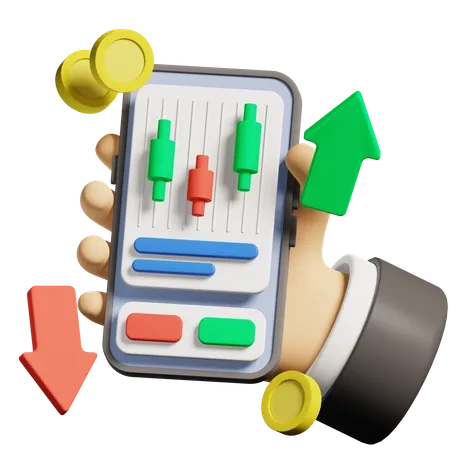
Instruments
Used in
Forex Trading
Forex trading involves several types of instruments that traders can use to speculate on currency movements
Currency Pairs
Currencies are traded in pairs, with the value of one currency compared to another. Major pairs include:
EUR/USD (Euro/US Dollar)
USD/JPY (US Dollar/Japanese Yen)
GBP/USD (British Pound/US Dollar)
Get Quote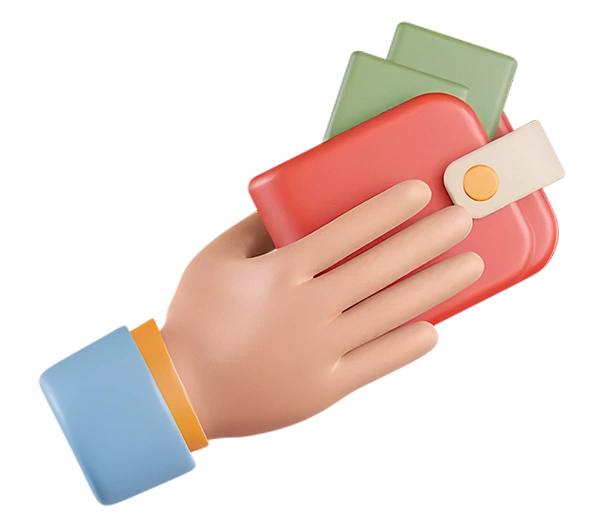
Cross Currency Pairs
Pairs that do not involve the US Dollar, such as:
EUR/GBP (Euro/British Pound)
AUD/JPY (Australian Dollar/Japanese Yen)
Get Quote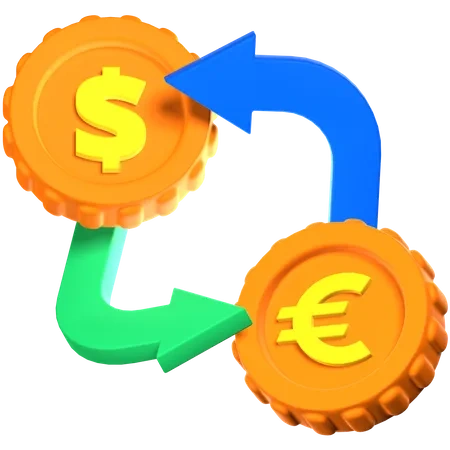
Exotic Currency Pairs
Pairs involving a major currency and a less common one, like:
USD/TRY (US Dollar/Turkish Lira)
EUR/SEK (Euro/Swedish Krona)
Get Quote
Currency Futures
Contracts to exchange a currency for another at a future date, at a predetermined rate.
Get Quote
Currency Options
Contracts that give the buyer the right, but not the obligation, to exchange money at a specific rate on a future date.
Get Quote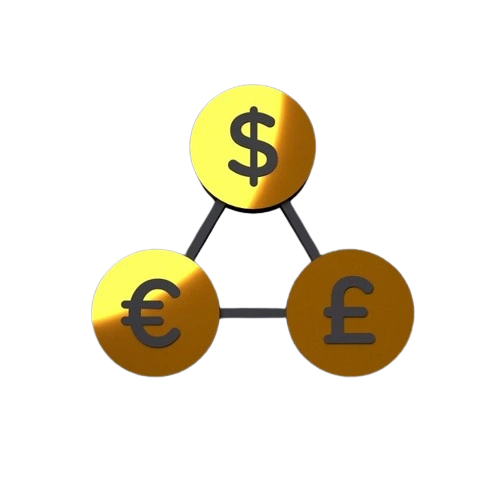
Order
Types in
Forex Trading
Traders use various order types to enter and exit trades. Here’s a breakdown
Market Orders
A market order is an instruction to buy or sell a currency pair immediately at the current market price. This is the simplest type of order.
Example: Buying EUR/USD at the current price of 1.1000.
Get Quote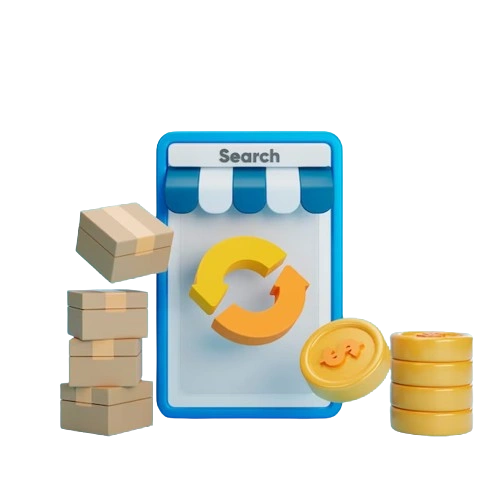
SOrders (Stop-Loss Orders)
A stop order is used to limit losses or lock in profits. It triggers a market order when the currency pair reaches a specific price.
Example: Setting a stop-loss order to sell EUR/USD at 1.0900 if you bought at 1.1000, to limit losses if the price drops.
Get Quote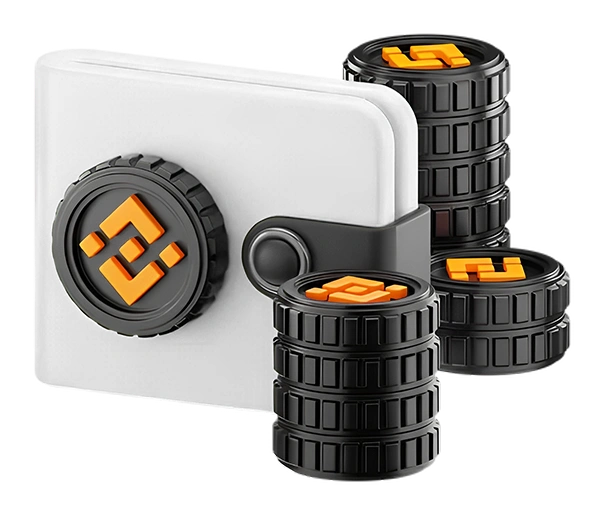
Advanced Orders
Advanced orders include more complex instructions, such as:
Stop-Limit Orders: Combines a stop order and a limit order. A trade triggers at a stop price but only executes at a limit price or better.
Trailing Stops: Adjusts the stop price automatically, following the market price by a set amount.
Get Quote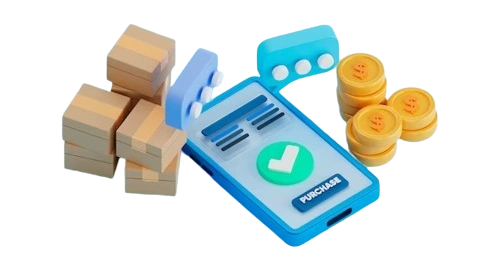
Understanding Spreads in Forex Trading
The spread is the difference between the buy (ask) price and the sell (bid) price of a currency pair. It represents the broker’s profit on the trade.
Example: If the bid price for EUR/USD is 1.0998 and the ask price is 1.1000, the spread is 2 pips (0.0002). Spreads can vary depending on market conditions and the currency pair being traded. They can be:
Fixed Spreads: Remain constant regardless of market conditions.
Variable (Floating) Spreads: Fluctuate based on market volatility and liquidity.
Get Quote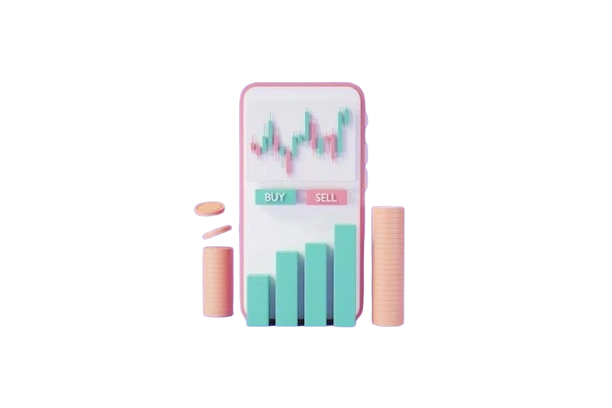
Best Features

User Features
01
OTP Registration
02
Deposit | Withdraw
03
Place An Order
04
Wallet Address
05
KYC Verification
06
Send | Receive
07
Refer & Earn
08
Buy | Sell

Security Features
01
OTP Registration
02
Deposit | Withdraw
03
Place An Order
04
Wallet Address
05
KYC Verification
06
Send | Receive
07
Refer & Earn
08
Buy | Sell

Admin Features
01
OTP Registration
02
Deposit | Withdraw
03
Place An Order
04
Wallet Address
05
KYC Verification
06
Send | Receive
07
Refer & Earn
08
Buy | Sell
Tech We Use
 Angular
Angular
 React
React
 Figma
Figma
 Photoshop
Photoshop
 Illustrator
Illustrator
 HTML
HTML
 CSS
CSS
 Javascript
Javascript
 Bootstrap
Bootstrap
 Jquery
Jquery
Work Of Ours

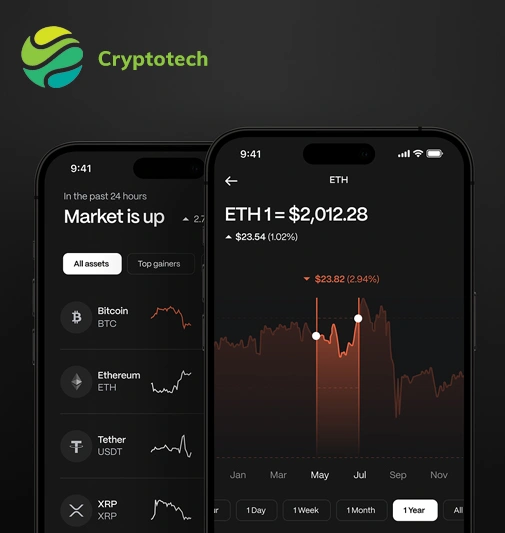
Tony Ruiz
Spiegel has solid experience in cryptographic technologies and smart cards systems and delivers versatile solutions that serve to provide maximum security in various and complex environments.


Christian Dirk
We would like to thank our community for taking part in deep testing our polar token project. Thanks to you, we were able to identify several very important mathematical patterns, from which we were able to adapt the model and make it ideal in terms of collateralization.

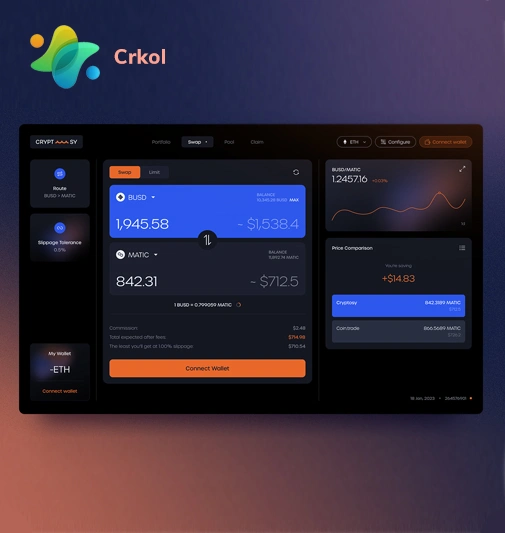
John
Spiegel would like to thank our community for taking part in the deep testing of our Polar Token project. Thanks to you, we were able to identify several very important mathematical patterns. From these insights, we adapted the model, making it ideal in terms of collateralization.
134
+
Completed Projects
89
+
Happy Clients
Want to start project?
Get Free Consultation
